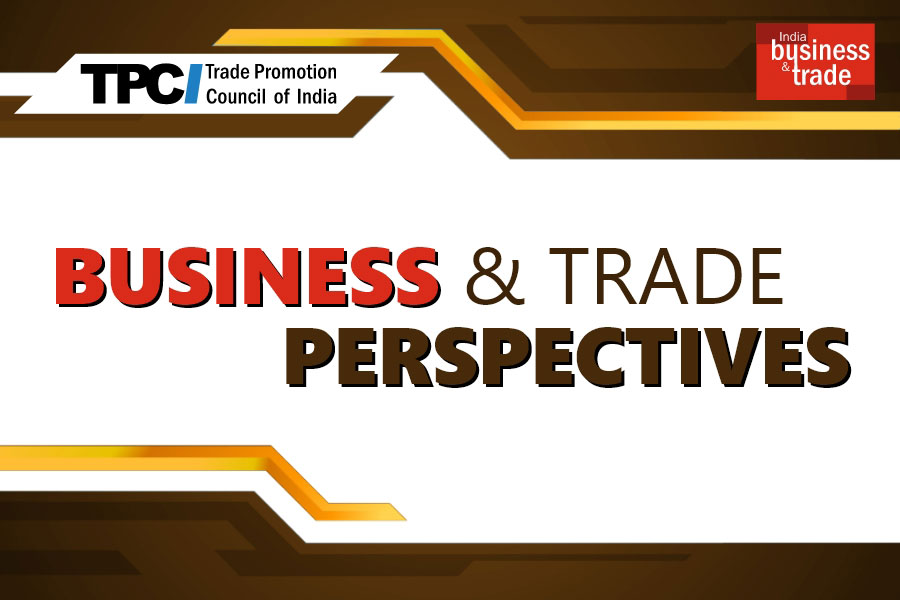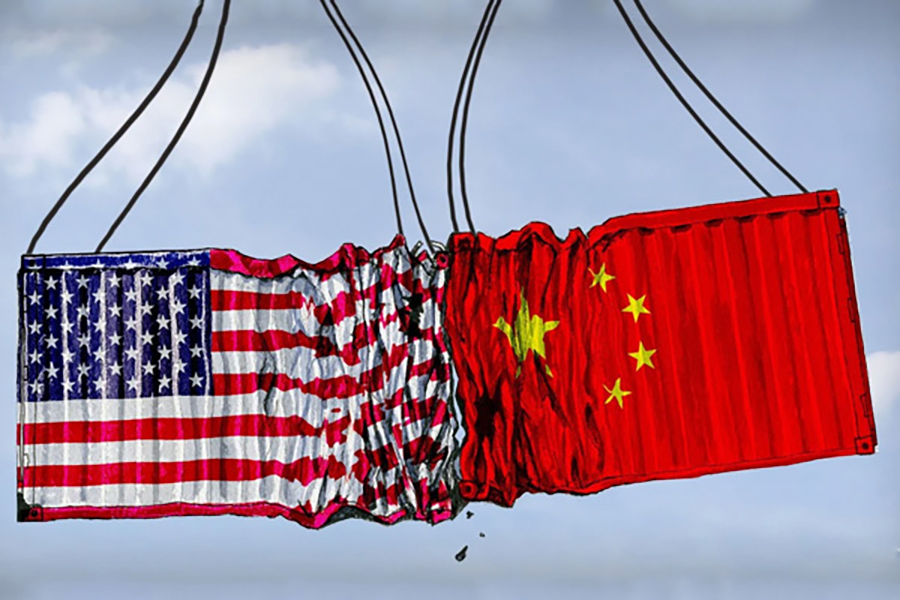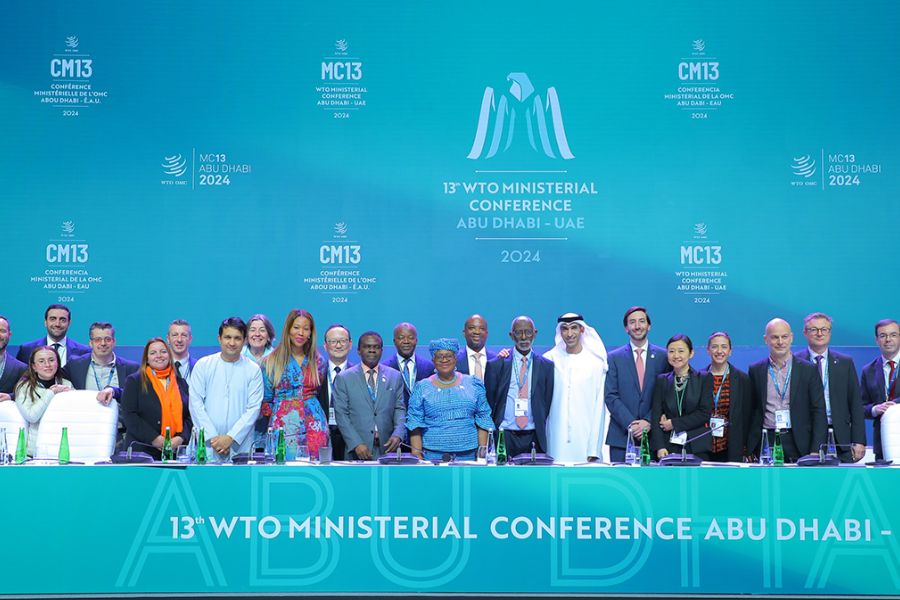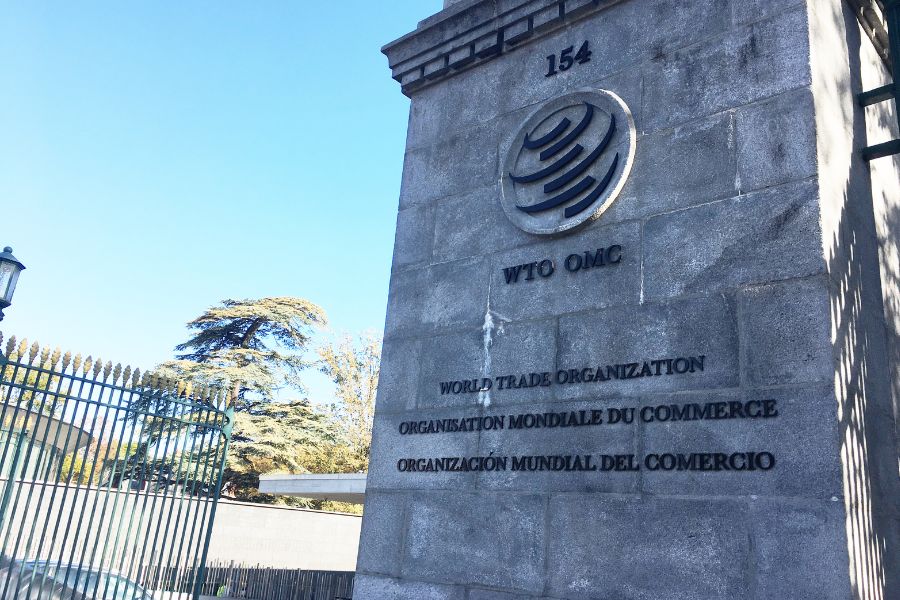US’s trade pressure on India unjustified

The United States, under President Trump’s regime, is mounting undue and unjustified pressure on India in its trade dealings through threats like withdrawal of trade benefits under the Generalised System of Preferences (GSP). This is despite India taking several measures to demonstrate its intent to address Trump’s trade concerns.
Irony is clear! The US has the highest trade deficit with China, which had forced it to put tariff barriers on imports from China. In 2017, the US trade deficit with China was US$566 billion. US’s trade deficit with India is at US$22 billion only. Yet, while the US President Donald Trump speaks admirably of Chinese President Xi Jinping saying that he has ‘great respect’ for his Chinese counterpart, he taunts India and has even mocked Prime Minister Mr. Narendra Modi when listing India’s development aid in Afghanistan. This is despite India’s unflinching efforts towards narrowing the trade deficit.
That the US policies go through flip-flop can be seen on its U-turn in Afghanistan, where it is now talking with the Taliban, without paying heed to the concerns of the Government in power. This is despite the fact that the Taliban inflicted great damage on the Governmental machinery in the near past, because of their perception of the Afghanistan government favouring the US policies in the country.
It is perceived that the US is angry over India’s decision to go ahead with its ‘toughened’ ecommerce policy, even though the US companies affected with this move have already found avenues to sidetrack the problem for the time being.
In this regard, Minister of Commerce and Industry Mr. Suresh Prabhu is scheduled to meet the US Commerce Secretary Mr. Wilbur Ross on the 14th of February. While India will be seeking to further reduce the trade imbalance through greater crude imports, US firms’ concerns will be on the new e-commerce policy and retaliatory tariffs imposed by both the countries.
Mr. Trump’s administration has dragged India to the WTO (World Trade Organization) multiple times over India’s export-promotion schemes and restrictions on solar cell imports. India, too, has lodged a case against steel and aluminium tariffs imposed by the US.
Experts opine that the trade deficit, which was apparently of much concern to Mr. Trump, is on the decline. The US exports to India have grown at about 28 per cent in the first six months of 2018 which is roughly two-and-a-half times faster than Indian imports from the US. Oil and gas intake from the US is set to rise significantly from the present value at US$4.5 billion. India is set to purchase nearly 300 Boeing aircraft from the US in the next 7 years, amounting to US$39 billion. India is also purchasing the Sea Guardian drone, which is a high-end and expensive purchase. In last decade, the US has secured US$ 18 billion worth of defense contracts from India, which is set to rise further.
This however does not mean that India sacrifice its own trade interests at the cost of pacifying the US tantrums. The US is demanding from India to lower its customs duties on information & communication technology (ICT) products in line with the World Trade Organization’s (WTO) 1996 Information Technology Agreement (ITA). India, which is the world’s second-largest assembly point of such products, after China, has levied 10-20% duties, and has been arguing that since these items did not even exist when the ITA-1 was signed in December 1996, India’s is under no obligation to keep them at low tariff levels. India’s argument is that if it lowers the tariff, India’s markets will get flooded with the low cost Chinese ICT products; a concern not being noticed by the US.
Showering praises on President Xi Jinping and mocking Indian Prime Minister shows that the US has realized its defeat at the hand of China in the ongoing trade war and wants to retain face by pressurizing India to agree to some of its dictates, after its big political victories over trade on South Korea and Mexico, without realizing the long-term detrimental impact that they could have on India’s trade and commerce, if India succumbs to the pressure. India has taken a stand and has the right to take stand on its business and trade interests.
If the US can side-step Afghanistan President Ashraf Ghani, who saw a staggering 45,000 Afghan security forces losing their lives compared to only 72 US and NATO troops, doing the same with China in the ongoing tariff war is just a small issue.













Leave a comment